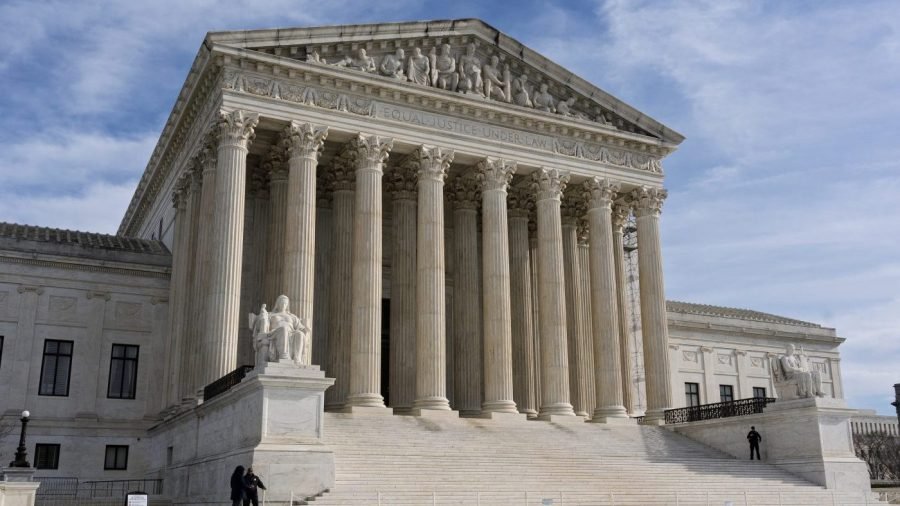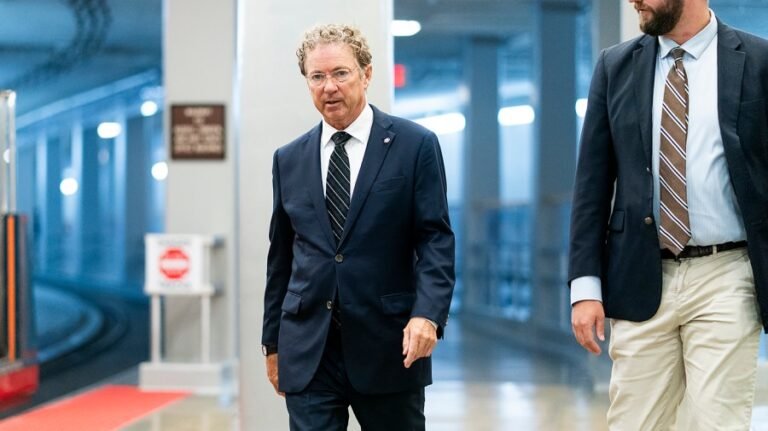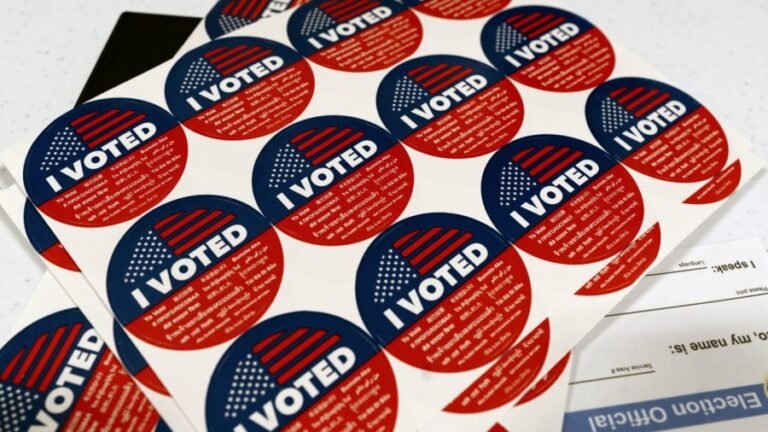
The Supreme Court revived an industry effort to axe California’s stricter vehicle emissions standards on Friday.
In a 7-2 decision authored by Justice Brett Kavanaugh, the Supreme Court ruled fuel producers have legal standing to sue over California’s clean car standards approved by the Environmental Protection Agency (EPA), allowing the challenge to continue.
“This case concerns only standing, not the merits,” Kavanaugh wrote. “EPA and California may or may not prevail on the merits in defending EPA’s approval of the California regulations. But the justiciability of the fuel producers’ challenge to EPA’s approval of the California regulations is evident.”
Justices Sonia Sotomayor and Ketanji Brown Jackson, two of the court’s three Democratic-appointed justices, dissented.
The Clean Air Act generally preempts state laws that regulate motor vehicle emissions, but it allows the EPA to issue a waiver for California — and only California.
The EPA granted such a waiver in 2013, only for the Trump administration to partially withdraw it after taking office. Once former President Biden arrived at the White House, his EPA reinstated the waiver, putting the stricter emissions standards back in play.
A group of producers of gasoline and other liquid fuels sued, arguing California’s regulations reduce the manufacturing of gas-powered cars, which would cause a hit to the fuel producers’ sales.
But the EPA and California argue the producers have no legal standing, which requires a showing that a favorable court ruling would redress a plaintiff’s injury. The EPA contended that consumer demand for electric cars would exceed California’s mandate, anyway, so the regulations no longer have impact.
The Supreme Court’s decision rejects that notion, reversing a decision by the U.S. Court of Appeals for the D.C. Circuit that tossed the lawsuit.
“If invalidating the regulations would change nothing in the market, why are EPA and California enforcing and defending the regulations?” Kavanaugh wrote for the majority.
“The whole point of the regulations is to increase the number of electric vehicles in the new automobile market beyond what consumers would otherwise demand and what automakers would otherwise manufacture and sell,” he added.
In separate dissents, Sotomayor and Jackson said they would’ve sided with the EPA and California and noted the case may become moot.
“I see no need to expound on the law of standing in a case where the sole dispute is a factual one not addressed below,” Sotomayor wrote, saying she would’ve sent the case back to the lower court for another look.
In her separate dissent, Jackson was more forceful, saying her colleagues weren’t applying the courts’ standing doctrine evenhandedly, warning it may contribute to an erosion of public trust in judges.
“This case gives fodder to the unfortunate perception that moneyed interests enjoy an easier road to relief in this Court than ordinary citizens. Because the Court had ample opportunity to avoid that result, I respectfully dissent,” Jackson wrote.


